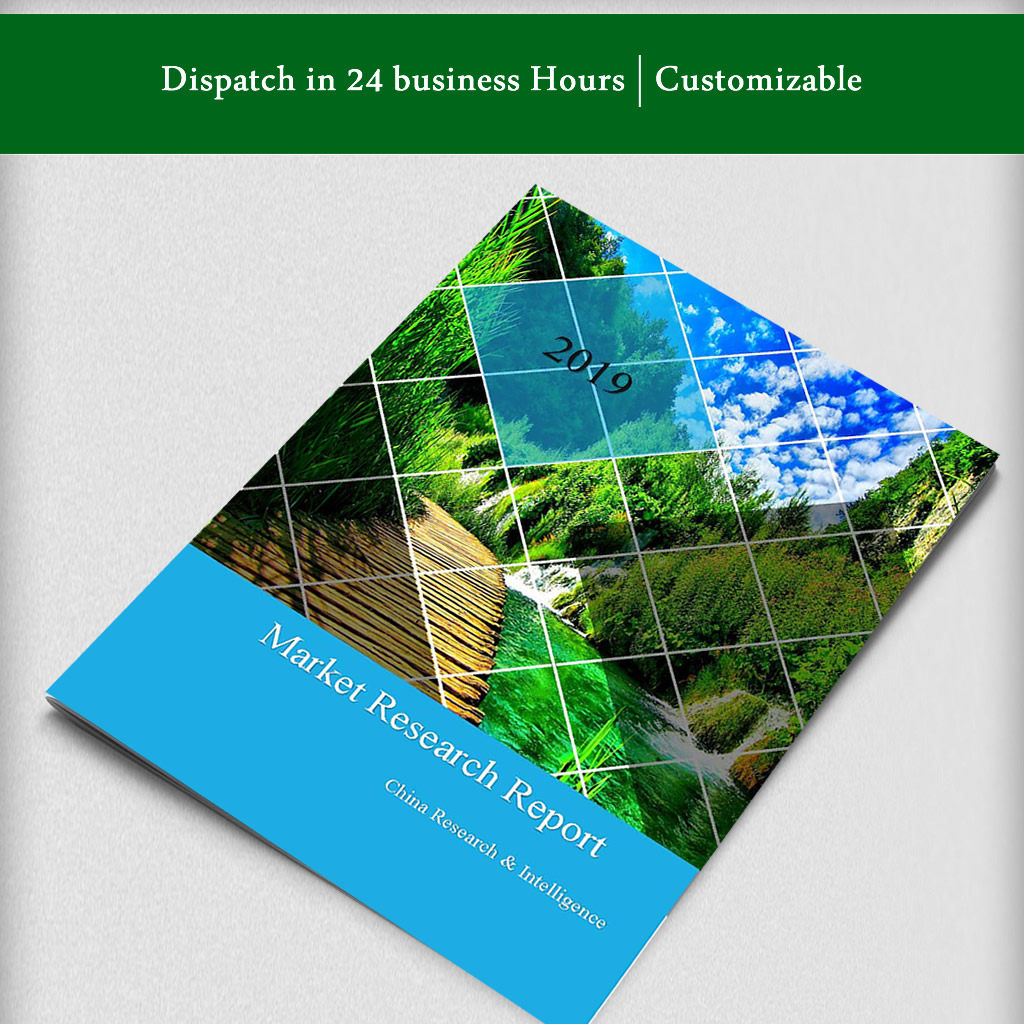Description
The global robot software market is projected to expand at a compound annual growth rate (CAGR) of 9.2%, reaching USD 15.47 Bn by 2023. The rising adoption of commercial and industrial robots across multiple applications, particularly in automotive, healthcare, and the banking, financial services and insurance (BFSI) sectors, is augmenting the growth of the robot software market.
Current state and opportunities in robotics based on segments:
Software type segment insights:
Inclinations towards efficient planning and preparation for unforeseen circumstances have given a boost to data and analytics software. The use of test simulation software has gained ground recently owing to the need to analyze unpredictable customer behavior and demands. The environmental detection software, on the other hand, allows suppliers to draw actionable insights and carry out targeted advertising by transforming uploaded images into data.
Industry segment insights:
Healthcare, manufacturing and financial services together will be securing a significant share of the robot software market share. The transportation sector will experience a higher growth rate during the forecast period of 2018-2023. Many emerging economies are employing robotics, drones and intensive hacking systems for defense purposes, which, in turn, is creating lucrative opportunities for robot software in this domain.
Regional insights:
North America is the leading innovator in robot software and occupies a major share of the global market. Asia-Pacific will witness the highest growth rate during the forecast period. However, in both the Latin America and the Middle East and Africa markets, the lack of suitable infrastructure will deter the development of robot software in the respective regions.
Companies covered:
1. ABB
2. Brain Corp
3. CloudMinds
4. Energid Technologies
5. Furhat Robotics AB
6. H2O.ai
7. IBM
8. Liquid Robotics
9. Neurala, Inc.
10. Nvidia Corporation
11. Oxbotica
12. UiPath
Customizations available


